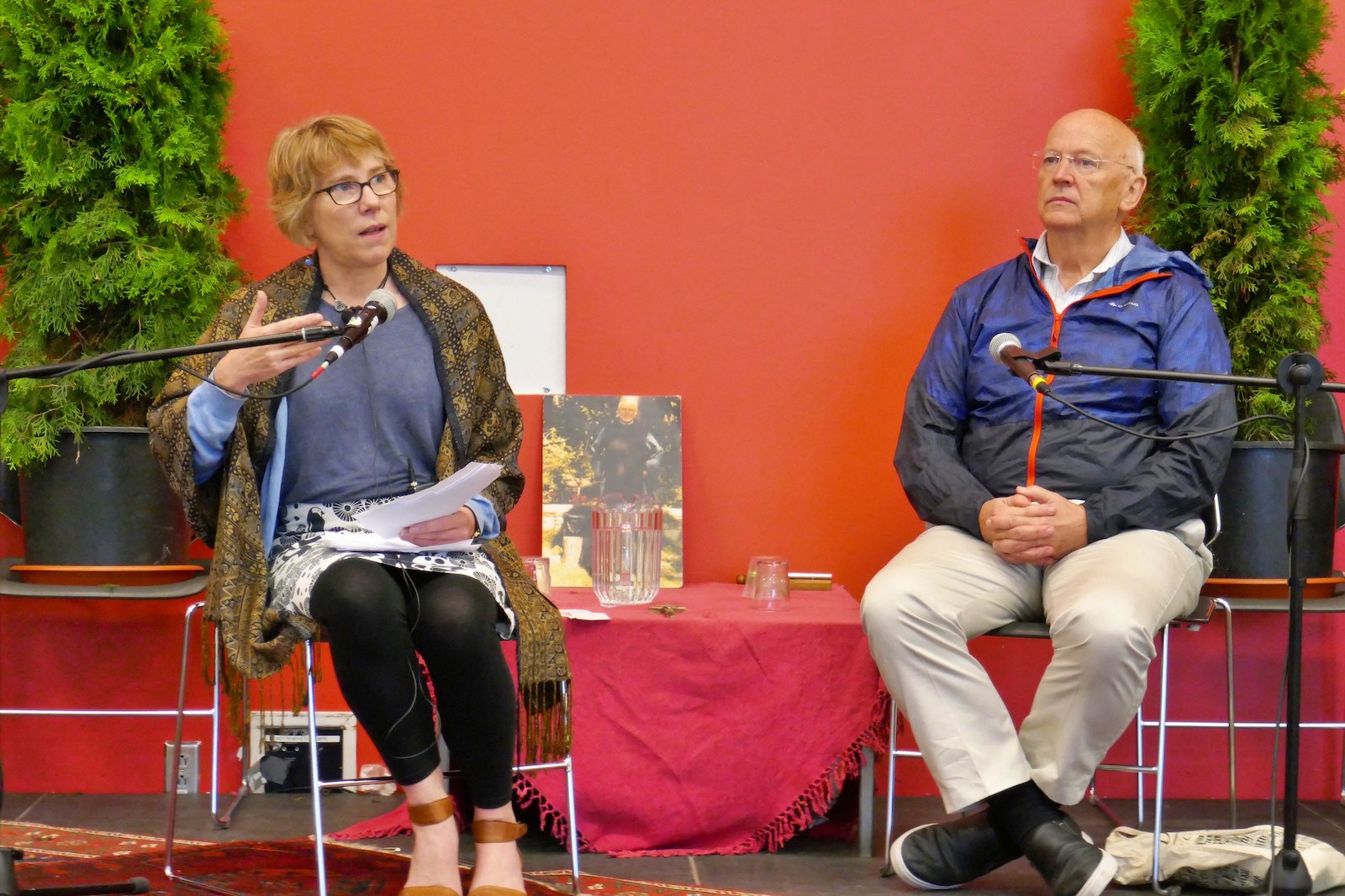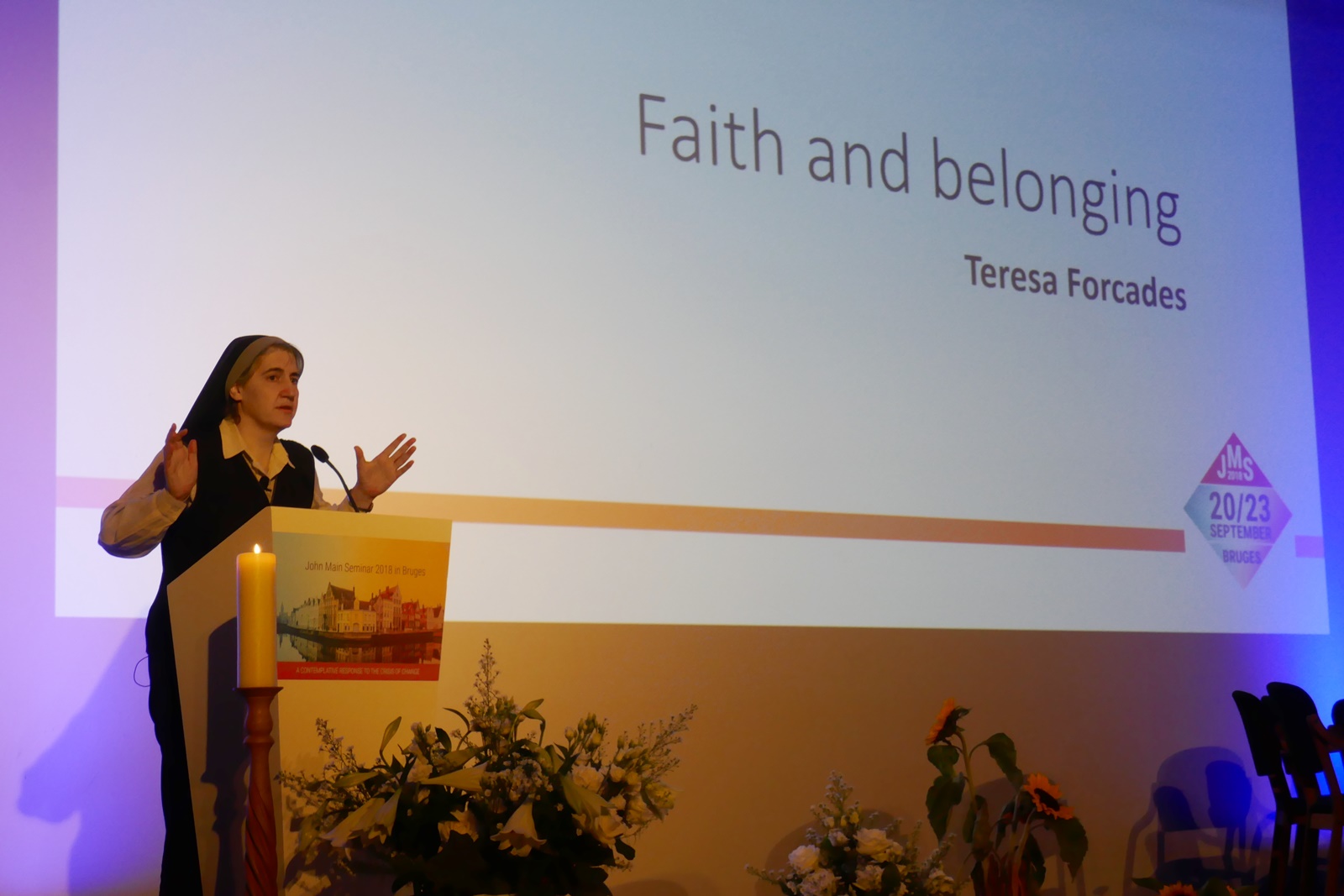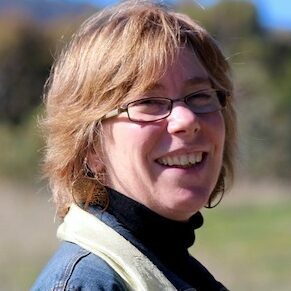What is Contemplative Christianity?
A generation ago, John Main recognize the acute ‘hunger for depth and meaning’ in the younger generation for authentic, personal knowledge of the truth. Their search for God which the mainstream religions were failing to support them in needed to begin not with external religion but in interior experience. Like many others they were looking for spiritual depth rather than moralistic directives.
This need drew many to the practice of meditation even as they turned away from the more established religious structures and language. More recently, Rowan Williams and Pope Francis, with other religious leaders who understand the spiritual hunger have spoken of the importance of contemplative practice.
It is this shift in the level of religious experience which enables people who have drifted away from sacramental and devotional faith to reconnect with deep roots of their tradition and so awaken to the true meaning and the transformative potential of its symbols and rituals.
The WCCM is part of this rebirth of contemplative Christianity. It fulfills this role by reintroducing the lost practice of a necessary method of contemplative prayer.
Importantly, this is not only about teaching meditation or encouraging meditation groups to form in parishes, schools and chaplaincies, important as these are to the new form of Christian living. It is about discerning the emerging new forms of Christianity itself.
What happens, for example, when we no longer see a meditation group merely as one activity among others in a busy parish, but ask how the contemplative dimension can inform and transform the entire life of a community – its worship, theology, governance and mission? Such a community raises to the challenge of witnessing to the demands of peace and justice in all aspects of the crisis though which our societies are now passing. Contemplation informs and inspires action.
As a contemplative Christianity takes shape, the characteristic divisions between the churches and even between the labels ‘progressive’ and ‘conservative’ will diminish. If as St Paul says ‘in Christ there is neither Jew or Greek, slave or free’ and even between male and female the essential identity of Christianity is to reconcile opposites.
What kind of formation in contemplative practice is being called forth here? And how will it affect the language and form of Christian proclamation to the secular world?
WCCM promotes dialogue across the spectrum among contemplative communities, between institutional churches and the secular world and between science and religion.
Further Resources

JMS 2019: A Contemplative Christianity for our Time
The 36th annual John Main Seminar was hosted by WCCM Canada in Vancouver with Sarah Bachelard as the presenter.

JMS 2018: A Contemplative Response to the Crisis of Change
The 35th annual John Main Seminar was hosted by WCCM Belgium in Bruges where Laurence Freeman joined eight other speakers from politics, finance, science and social justice.

Contemplation And The Active Life
Contemplation, Faith and the Active Life, a Silent Retreat led by Rev. Sarah BachelardUniversity of Waikato, Hamilton, New Zealand

JMS 2019: A Contemplative Christianity for our Time
The 36th annual John Main Seminar was hosted by WCCM Canada in Vancouver with Sarah Bachelard as the presenter.

JMS 2018: A Contemplative Response to the Crisis of Change
The 35th annual John Main Seminar was hosted by WCCM Belgium in Bruges where Laurence Freeman joined eight other speakers from politics, finance, science and social justice.

Contemplation And The Active Life
Contemplation, Faith and the Active Life, a Silent Retreat led by Rev. Sarah BachelardUniversity of Waikato, Hamilton, New Zealand


